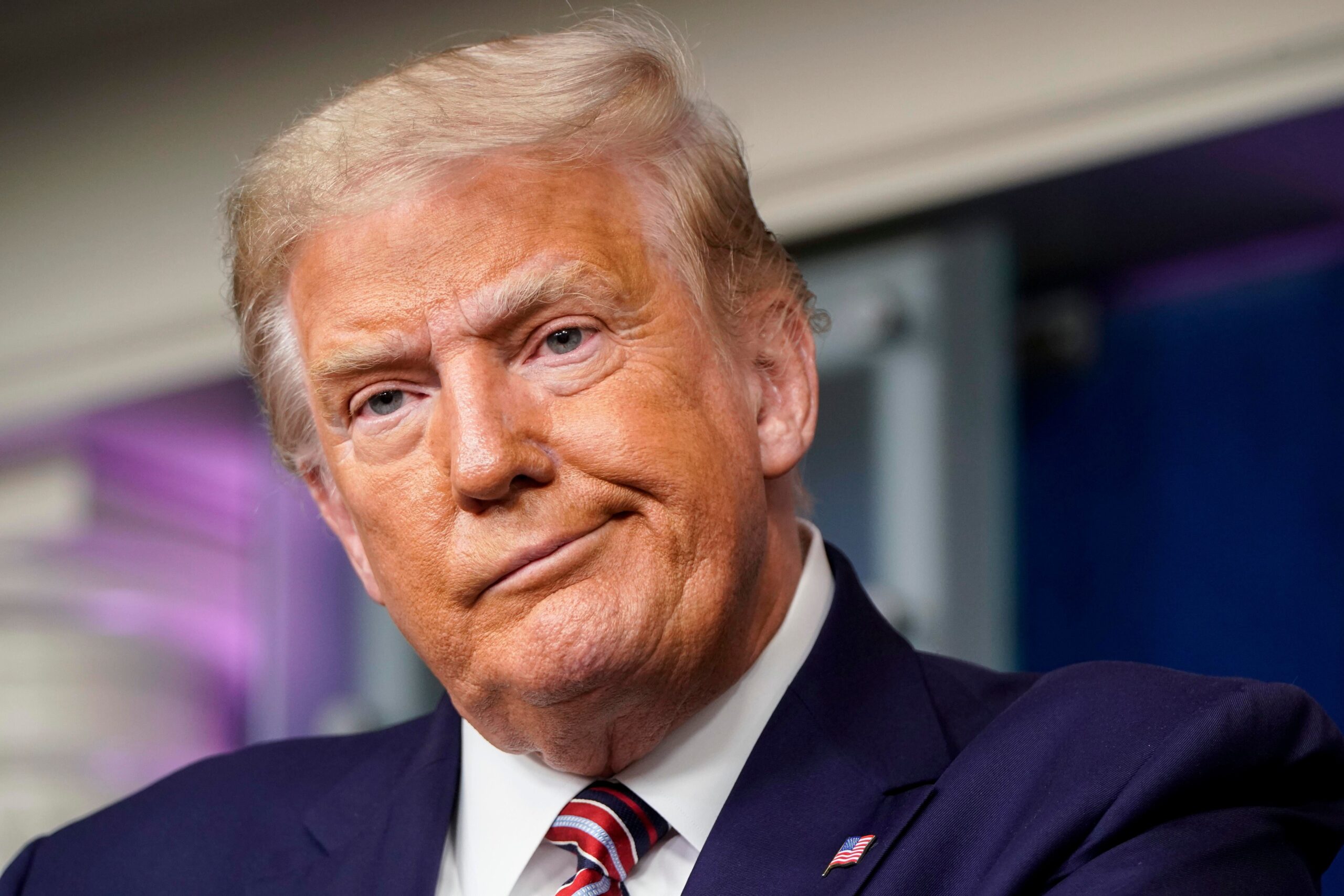
As a gesture of goodwill, the European Union (EU) just announced a 90-day suspension of its countermeasures on U.S. tariffs. This step is intended to provoke negotiations with dozens of countries to mitigate growing trade hostility. This announcement follows a recent wave of retaliatory action. These moves have escalated an already ongoing global trade dispute, particularly between the U.S. and Canada.
Leading figures in the trade world, including Canada’s former chief trade negotiator Steve Verheul, are already calling for a more coordinated international response. They hope this move will encourage U.S. President Donald Trump to reconsider his tariff plan. Verheul remarked that if countries around the world worked together, it might influence Trump to withdraw his tariffs more swiftly.
Canada’s Position and Retaliatory Measures
Canada has already signaled its willingness to drop retaliatory tariffs “tomorrow” if Trump is willing to change course on his tariff policies. Ontario Premier Doug Ford expressed his disappointment when Trump’s tariffs on Canadian goods were excluded from the EU’s 90-day pause announcement.
Steve Verheul spoke at the Broadbent Institute’s conference in Ottawa, where he emphasized the vulnerabilities of Trump’s administration to market pressures. Retaliation, he said, “is a very effective weapon, I know that … Most of the rest of the world can’t figure this out, but that is too bad.”
The tariffs are still generating heated discussion. As of now, only Canada and China are still holding their retaliatory measures against the U.S. A few months ago, Beijing slapped an 84 percent tariff on U.S. goods. This controversial move has marked a substantial step to further tighten the trade war between the world’s two largest economies.
Commerce Secretary Warns About Continued Retaliation
U.S. Commerce Secretary Howard Lutnick warned that Canada’s continued retaliatory measures could have negative repercussions, labeling it as a “really, really bad choice.” He reiterated the need and opportunity for better relations if both countries were to come together on shared interests on trade policy.
Prime Minister Mark Carney welcomed the EU’s tariff pause as a “welcome reprieve for the global economy,” while cautioning that upcoming negotiations could lead to significant transformations in the global trading system.
His most high-profile recent move has thrown them a curveball. He has kept President Trump’s blanket 10 percent tariff on all imports and laid 25 percent duties on steel, aluminum, and automobile imports to the United States. Yet, these tariffs are raising the already significant tariffs on fentanyl-related products. As a result, some Chinese products are subject to an incredible 145 percent tariff.
Even with that turbulence, the President is generally very positive about the United States’ newfound position on being a global trade power. He said, “We are under the impression that we are killing it.” He said he was optimistic that in the end, outcomes will be good for the country.
It’s a dynamic situation to say the least. Speaking to the same conference as Verheul on Friday will be Robert Lighthizer, the former U.S. Trade Representative during Trump’s first term. Observers are closely watching to see what more might come from these talks.
What The Author Thinks
The shifting landscape of tariffs under the Trump administration highlights its vulnerability to external pressure, especially from global trade partners like the EU and Canada. As these countries adjust their responses, it’s clear that Trump’s tariff strategy is not set in stone. The ongoing push for coordinated international responses, coupled with growing market pressures, could force the administration to rethink its approach. The situation underscores the fragility of unilateral trade policies and the need for more flexible and responsive trade strategies.
Featured image credit: As-faerniaty via GoodFon
Follow us for more breaking news on DMR
